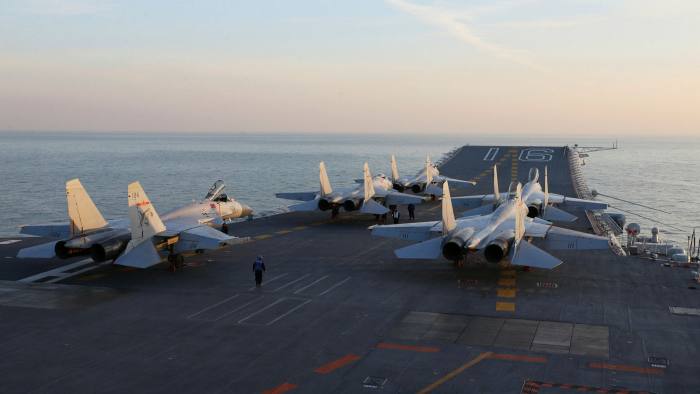Alwaght- Chairman of NATO Military Coordination Committee expressed concerns over “shocking” speed of China’s military modernization and its growing diplomatic presence overseas.
“It is quite shocking how quickly China has built ships, how much China has modernized its air force, how much it has invested in cyber and other forms of information management, not least facial recognition,” Peach said, speaking to the Financial Times ahead of his departure from his post Friday.
“I think it’s very important to keep an eye on that. What do you do if you’re a leader in China with a modernized and powerful large force? You deploy it, you move it around,” Peach suggested.
NATO’s most senior military officer also pointed to Beijing’s network of “large embassy footprints” in countries around the world, saying many of them are now staffed with “very large defence sections, often populated by general officers,” and wondering “what’s it all for?”
Peach also complained about what he said was the growing strategic military partnership between China and Russia, saying in the course of his career, he has seen Russian-Chinese drills evolve from “relatively minor” operations to “major exercises and training opportunities.” He added though that he doesn’t envision the current Russian-Chinese partnership to last forever, claiming that the two powers may clash over the Arctic some day.
Stuart, a career Royal Air Force officer with the rank of air chief marshal, stepped down from his post as chairman of NATO’s Military Coordination Committee on Friday, and was succeeded by Royal Netherlands Navy admiral Rob Bauer.
The chairmanship of the committee is formally tasked with advising the North Atlantic Council – NATO’s principle decision-making body, on matters of military policy and strategy, but is largely considered a symbolic job, with policymakers in Washington widely believed to call the shots in the alliance in all important matters since its creation in 1949.



























